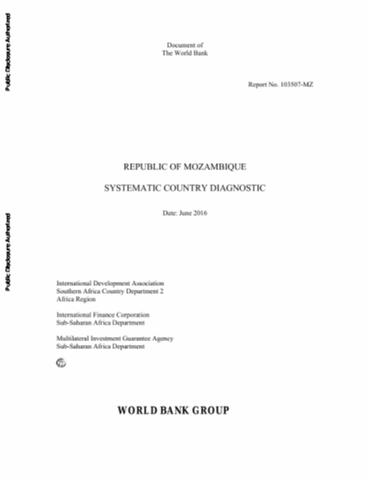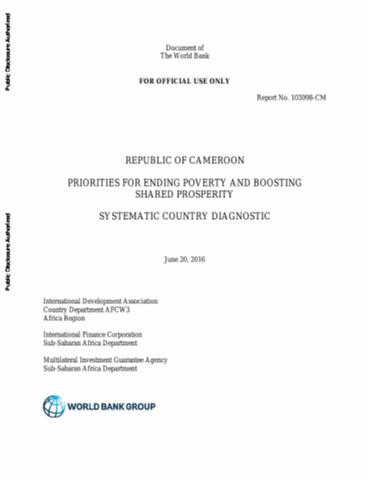Country Partnership Framework for Uzbekistan for the Period FY16-FY20
This Country Partnership Framework (CPF)
covers the five-year period FY16-20. Anchored in the
government’s medium-term development plan as outlined in a
January 2015 Cabinet of Ministers Program of Action, it also
reflects the analysis and recommendations of the World Bank
Group’s (WBG) 2015 Systematic Country Diagnostic (SCD) for
Uzbekistan and the lessons learned from the Completion
Report of the previous CPS. The CPF’s objectives and




